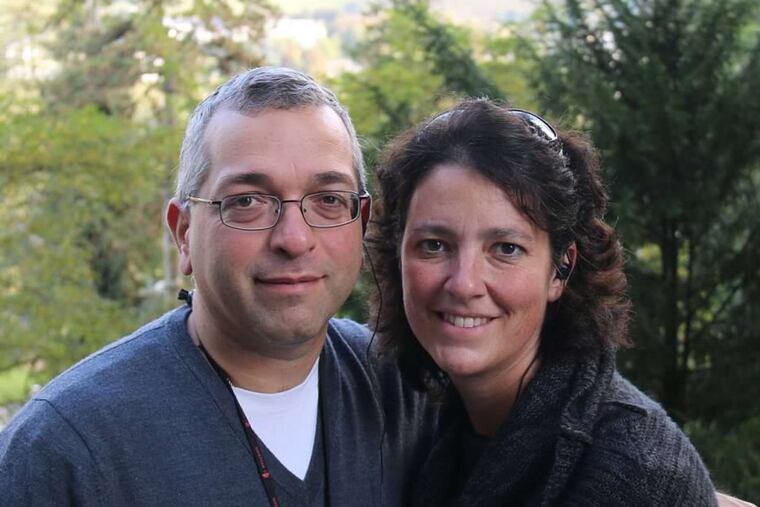FDA aims to publish Essure safety review in February
WASHINGTON - Federal health officials aim to release their findings on a much-debated contraceptive implant by the end of February.

WASHINGTON - Federal health officials aim to release their findings on a much-debated contraceptive implant by the end of February.
The Food and Drug Administration posted a brief statement online about its review of the metallic device, Essure, which has been subject to thousands of complaints by women reporting chronic pain, bleeding and headaches.
The Essure implant has been sold for more than a decade and is frequently pitched to women as the only nonsurgical option for permanent birth control. German manufacturer Bayer estimates 750,000 women have received the device since 2002.
But since 2013, the Food and Drug Administration has received thousands of reports of problems with the device from women and doctors. While the product's label warns about pelvic pain and bleeding immediately after the procedure, many women said these problems persisted and were so severe they required surgery to remove the device.
"This is a high priority issue for the agency, and we are working expeditiously to conduct an evidence-based review of the available information and identify appropriate next steps," the agency said in its posting.
In September, the FDA convened a public meeting on the issue where dozens of women urged the agency to recall the device. At the same meeting, a panel of outside experts said more information is needed about screening for allergic reactions to the device, which consists of nickel-titanium coils inserted into the fallopian tubes. Over time the coils spur growth of scar tissue, which is designed to block sperm from fertilizing a woman's eggs.
Essure's warning label already notes that the device's nickel can result in allergic reactions, such as itching and hives.
But many women have attributed more severe problems to the implant, including mood disorders, weight gain, hair loss and irregular bleeding. Many of those complaints have been shared through social media, including a Facebook page called Essure Problems, which has more than 24,000 members.
Among their advocates are Amy Reed, an anesthesiologist at the University of Pennsylvania, and her husband, Hooman Noorchashm, a cardiac surgeon at Thomas Jefferson University Hospital, who have led a highly effective national campaign to ban a gynecological surgical device used to perform her hysterectomy two years ago. The tissue-slicing device, an electric morcellator, spread her hidden uterine cancer.
As part of their push for reform of medical device regulation, the couple have been speaking out against Essure and in support of Philadelphia-area Rep. Mike Fitzpatrick's legislation revoking the device's FDA approval status.
The FDA said Tuesday it is currently reviewing concerns from patients and "feedback and recommendations provided by the panel."